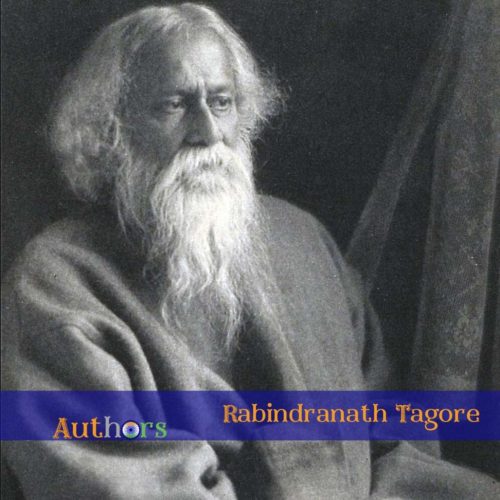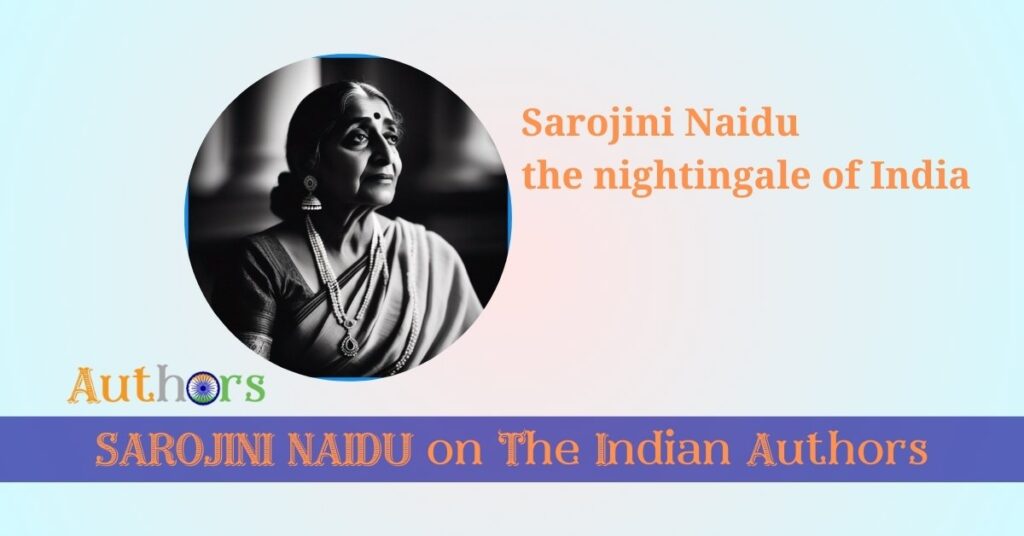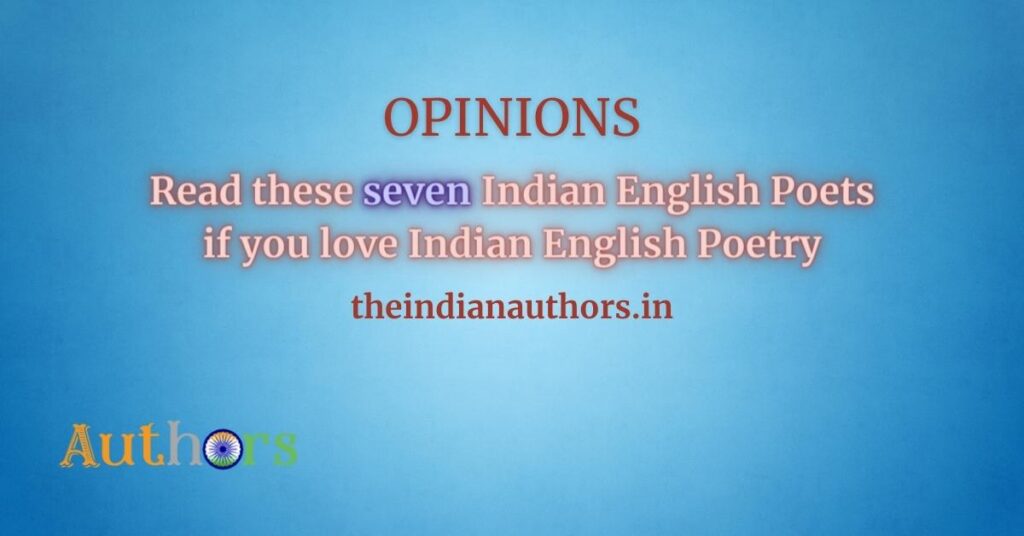Rabindranath Tagore is the only literary figure from India who has won the prestigious Nobel Prize for literature for us – in 1913. Also considered as a father figure in Bengali writing, he was a versatile literary personality with many credentials under his belt – a critic, a poet, a lyricist, a composer, a novelist, a visionary and also a revolutionary within his own rights.
Born in 1861, May 6, Tagore almost received ‘nothing’ in the name of formal education from the ‘teachers’ as he was educated by his own whims. Home-taught mostly, he rejected many things which are considered established otherwise. Even in the India of those days which was enslaved not only in the administration but also intellectually, Rabindranath Tagore did his best to establish himself as a person of cultural integrity and a herald of the Indian literary revival.
He was one of the first writers who gained for modern India a place in the literary world. There were no parallels for Tagore in the history of Indian English literature as a recognised dramatist of the time. As an active literary figure, his career extended over 65 years and wrote probably the largest number of lyrics ever attempted by any poet. He was only next to Mahatma Gandhi and Sri Aurobindo who has been the maximal inspiration to millions in modern India.
Poetry
Gitanjali is one of the best-known works by Rabindranath Tagore for which he received the prestigious prize in literature in 1913. He is the first Asian recipient of The Nobel prize in literature. It is an original Bengali collection of 157 poems and was published on 14 August 1910. The English Gitanjali or song of offerings is a collection of 103 poems. It is Tagore’s own translation of his Bengali version, published in November 1912 by the Indian Society of London.
Novels
His novels play a vital role in the development of Indian English Novel. Tagore’s novels were originally written in Bengali.
His three major novels –
- Naukadubi (The Wreck)
- Gora
- Ghare Bahare ( Home and the World)
Naukadubi is a story of coincidence of marriage parties, both marriage parties are drowned in a boat wreck, the only survivors are one bridegroom and the other bride. Ramesh and Kamla think themselves as an already married couple. Ramesh realises the error and at the end both meet their real partners.
Gora, being political touch, projects Tagore’s vision of the individual’s role in resurgent India. Gora, the hero a non-Indian parentless brought up by Krishnan Dayal and Anandamoyi. Gora becomes a sturdy Hindu patriot.
Ghare Bahare (Home and The World) in this novel characters are in abstract form as each one of these stands for- Bimla represents India, Nikhil stands for all that is good and vital in the Indian tradition and Sandip represents the western type of nationalism which Tagore fear of worst to take place in the country.
Dramas
Unlike contemporary English dramatist, Rabindranath Tagore wrote dramas using certain traditional and national attitudes, unshakable obscure racial memories and recurrent archetypal human patterns. His major dramas are as follows-
- Sacrifice
- Malini
- Natir Puja
- Chandalika
- Red Oleanders
- Post Office
The play Sacrifice presents primarily the practice of animal and human sacrifice to please the goddess Kali in Hinduism. Govinda, the king did not want to shed the blood in the temple so he argued not to sacrifice the goat. But Gunavati, queen joins the conspirator, Raghupati, the priest intrigued to kill the king. At the end, they reconciled and realised the evil of superstitious sacrifice. Malini, like Sacrifice, it is an iconoclastic novel heralds that punishment for crimes seldom mends the criminal. Moreover, Srimati natir puja and Prakriti of Chandalika are dealt with eternal feminine and both plays tend Tagore’s inclination to Buddhism as an ethic and Budha as a spiritual power.
Undoubtedly, Rabindranath Tagore is a national treasure in terms of literary importance! His works still remain to be the inspiration for not only the Bengali literary enthusiasts but also the worldwide literary societies. He is also known for his eternal gift of the Indian National Anthem Jana Gana Mana. You can check whether any of his works have been reviewed on Indian Book Critics by now, the best place to find Indian book reviews!
written by Ravi and protracted by Amit




